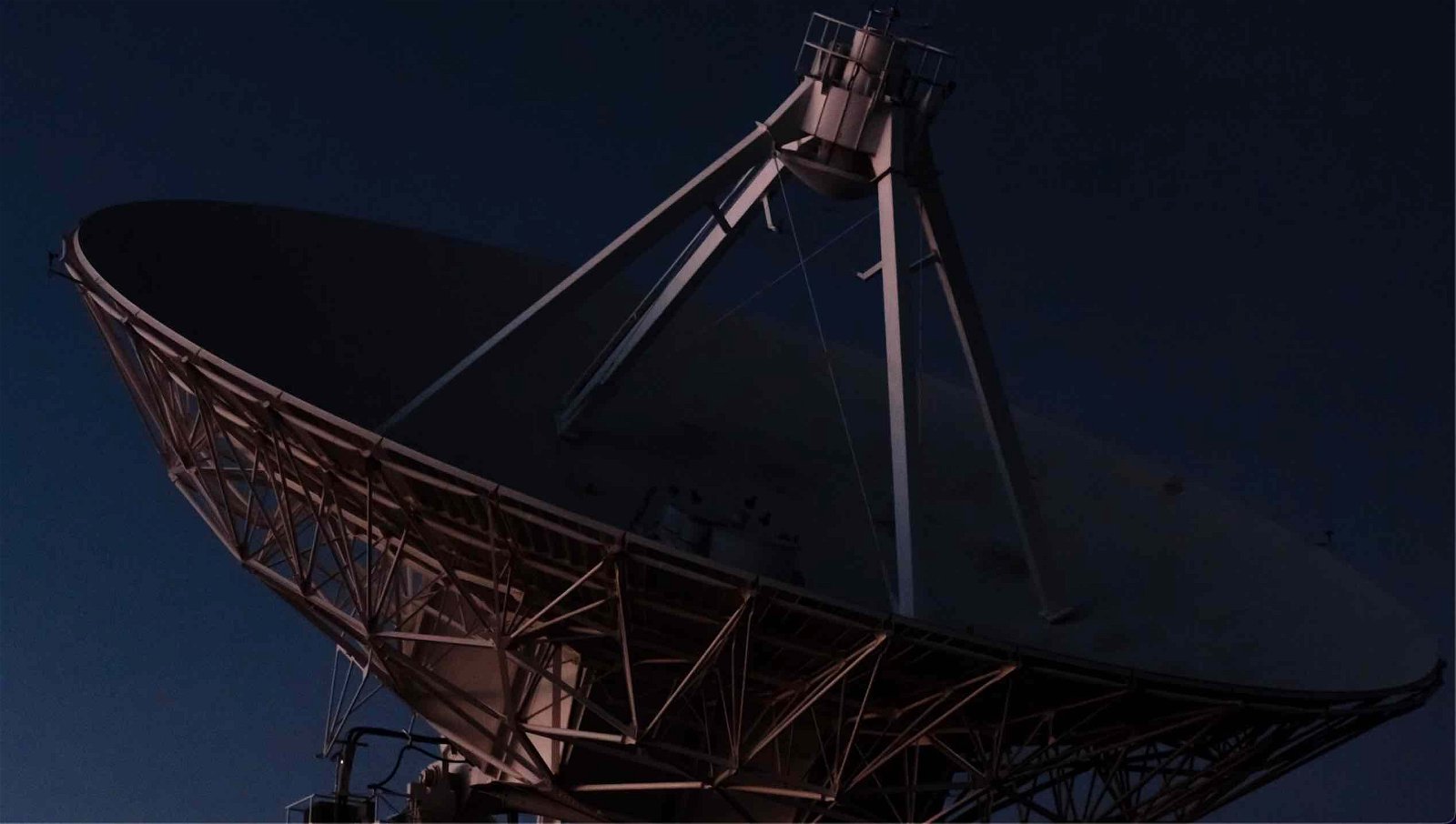The SETI Institute has announced a groundbreaking grants program to help advance technosignature science and the search for extraterrestrial intelligence.
The unique initiative aims to fund innovative research tackling key observational, theoretical, and technical questions in the search for technosignatures, potentially revealing evidence of past or present extraterrestrial technology in the cosmos.
Founded in 1984, the SETI Institute is a non-profit, multidisciplinary research and education organization focused on understanding the origins and prevalence of life and intelligence in the universe and sharing that knowledge globally. At the core of SETI research is the Allen Telescope Array (ATA), renowned in astronomy for its capability to search for extraterrestrial intelligence.
Historically, the ATA is recognized as the first radio telescope specifically designed from the ground up for SETI searches. Equipped with enhanced feeds and advanced backend processing capabilities, the ATA’s sophisticated technology and strategic design position it as a crucial instrument for detecting potential technosignatures, cementing its role as a forefront asset in this new scientific endeavor.
“In just the last few years, a wealth of new research avenues have opened up in technosignature science, made possible by new ideas, new technologies, and a fast-growing community of early-career researchers,” said Dr. Andrew Siemion, Bernard M. Oliver Chair for SETI at the SETI Institute. “ The novel investigations enabled with this grants program will spur the state-of-the-art in the technosignature field, continuing in the spirit of the SETI Institute’s 40 years of leadership in SETI science.”
Funded investigations in the focus area of technosignature science encompass a range of different topics. These include developing observational techniques and strategies to detect technosignatures and exploring theoretical models that predict or explain these phenomena. The additional studies the SETI Institute is looking for will explore the intersection of social sciences and technosignature research, shedding light on societal impacts and the human aspects linked to the search for technosignatures.
“Federal funding for SETI is extremely limited,” said Rebecca McDonald, SETI Institute Director of Communications, in an email to The Debrief, explaining why the Institute created an internal grant program.
“The SETI Institute has always done its best to support the international SETI community as part of our 40-year history of stewardship in the field,” McDonald said.
“We now have more resources available than previously, so we are able to do more. The SETI Institute has a strong commitment to fostering the next generation of scientists, particularly SETI scientists.”
Non-tenured faculty or researchers eligible to apply as principal investigators (PIs) include those at universities or non-profit organizations, encompassing colleges, universities, and non-academic entities such as independent museums, observatories, research labs, professional societies, and similar educational or research-focused organizations.
Post-preliminary graduate students eligible to apply as PIs are those in Master’s or Doctoral degree programs who have completed preliminary exams and have their thesis or equivalent as the remaining degree requirement.
“Eligible applicants do not need to be astronomers or even scientists, but they must be affiliated with a college, university, or nonprofit organization, including museums, observatories, research labs, professional societies, or similar organizations associated with education or research activities,” McDonald told The Debrief. “Applicants must be eligible to serve as a principal investigator with their affiliated organization.”
Funded investigations must focus on technosignature science, which includes a broad range of topics such as:
- Observational programs or the development of observational techniques and strategies for detecting technosignatures.
- Theoretical models that predict or explain technosignature phenomena.
- Technical innovations that enhance the capability to detect and analyze technosignatures.
- Research at the intersection of social sciences and technosignature research, exploring the societal implications and human factors related to the search for technosignatures.
Applications for the 2024 SETI grants must be submitted by July 15, 2024. Successful applicants will be notified by August 5, 2024.
“The SETI Institute is committed to open, accessible, and globally inclusive scientific research. All of the results of our research, including that produced through these grants, will be made public to the maximum extent possible,” McDonald says.
“We emphatically would not keep the discovery of life beyond Earth a secret.”
Chrissy Newton is a PR professional and founder of VOCAB Communications. She hosts the Rebelliously Curious podcast, which can be found on The Debrief’s YouTube Channel. Follow her on X: @ChrissyNewton and at chrissynewton.com.

